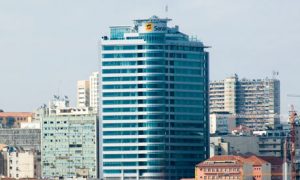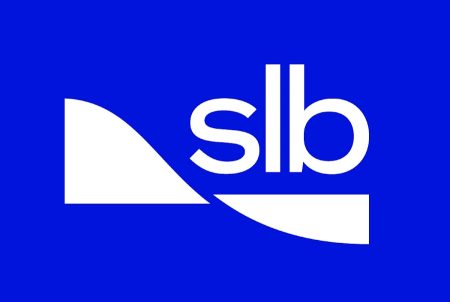
– Angola fuel subsidy removal to help Sonangol finances – finmin
– Considering dual listing for state oil company
– Says central bank “avoiding intervention” in currency trading
Luanda — Angola will push ahead with removing all fuel subsidies by the end of 2025, which should enable state oil company Sonangol to pay taxes and dividends again, the country’s finance minister Vera Daves de Sousa said.
Squeezed by surging debt costs and high pump prices, governments across Africa are trying to scrap the costly benefits, but the moves are proving unpopular and have sparked discontent in countries including Senegal and Nigeria.
In October, Daves de Sousa told Reuters that the full removal of fuel subsidies might be slowed down beyond the end-2025 deadline, after their partial removal sparked deadly protests.
“We are taking out the fuel subsidies… End of 2025, we expect to see this process stabilise and closed as much as possible,” she said in a virtual interview from the capital Luanda, ahead of the Reuters NEXT conference in New York on Thursday.
“We will be able to see Sonangol normally paying taxes, (improving) profits and paying dividends to the state.”
Sonangol imports refined petroleum products to the southern African OPEC member which it sells locally at a lower price with the government meant to reimburse the difference. It last paid a dividend in 2019, the same year the government launched an ambitious privatisation programme.
The company needs to continue cutting costs as well, so that “starting in 2026 (we are) seeing a different Sonangol”, Daves de Sousa added.
PRIVATISATION PLANS
Daves de Sousa also said the government was considering a dual listing in 2025 or 2026 in Angola and on a yet-to-be decided international bourse for the long-delayed partial privatisation of Sonangol.
The plans are part of President Joao Lourenco’s reform efforts to modernise the economy and attract private investment. Daves de Sousa told Reuters NEXT that other privatisation processes were ongoing.
She said 23 state-owned companies were undergoing privatisation while 43 more, including lender Banco de Fomento Angola and mobile network Unitel, were waiting to start the process.
Insurer ENSA will be listed locally in 2024, Daves de Sousa said, without elaborating. Its chairman said in 2021 a majority stake would be sold that year.
On a Bloomberg report that the central bank was restricting foreign currency trading to stop the kwanza from weakening, Daves de Sousa said the bank was “avoiding intervention as a way of also protecting our international reserves”.
The kwanza has traded in a narrow range around 830 to the dollar since June, after it fell by more than a third against the U.S. dollar as a resumption of external debt payments and falling oil production, which has also crimped growth, put pressure on the currency.
($1 = 833.5000 kwanzas)
*Rachel Savage; Miguel Gomes, editing: Emelia Sithole-Matarise – Reuters



